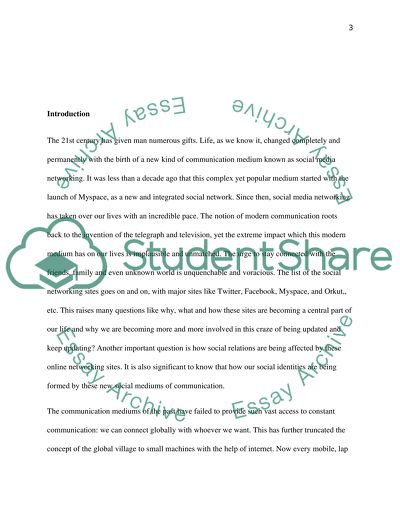Cite this document
(“Critically discuss the role played by online social networks. How do Essay”, n.d.)
Retrieved from https://studentshare.org/journalism-communication/1465769-critically-discuss-the-role-played-by-online
Retrieved from https://studentshare.org/journalism-communication/1465769-critically-discuss-the-role-played-by-online
(Critically Discuss the Role Played by Online Social Networks. How Do Essay)
https://studentshare.org/journalism-communication/1465769-critically-discuss-the-role-played-by-online.
https://studentshare.org/journalism-communication/1465769-critically-discuss-the-role-played-by-online.
“Critically Discuss the Role Played by Online Social Networks. How Do Essay”, n.d. https://studentshare.org/journalism-communication/1465769-critically-discuss-the-role-played-by-online.


